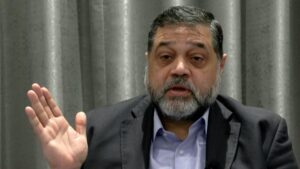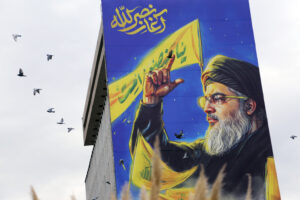‘Iraq’s new electoral system leaves Turkmen at risk of political discrimination’
ISTANBUL (AA) – The latest changes in Iraq’s election law have caused tension in the country, especially among Iraqi Turkmens, who are losing seats in the Kirkuk region.
Turkmens have demanded that the changes be reviewed, citing the country’s demographic structure as the cause behind their losing seats in Turkmen areas in the elections.
The leader of the Iraqi Turkmen Front (ITF), Arshad Salihi, said the new narrowed electoral zone system, dividing Kirkuk into three electoral districts, had affected the Iraqi Turkmens’ political representation.
“While Kurds and Arabs were able to secure their votes in their densely populated areas, Turkmens had to compete for them,” he added.
Salihi emphasized that the people of Kirkuk could not be represented correctly in the Iraqi parliament under the new system.
Turkmens have constantly been punished in Iraq, seen as an “extension” of neighboring Türkiye, according to Salihi, who added they were ignored for seats in Iraqi governments, parliaments, and ministries.
The ITF leader pointed out that the Turkic ethnic group has always “defended the territorial integrity of Iraq. However, they have always been exposed to more political discrimination.”
Iraq’s election law 2020/9, enacted for the elections held on Oct. 10, 2021, was the first such provision in the country based on the narrowed electoral district system.
Turkmen parties expressed their concern over the division of Kirkuk, which is home to a large Turkmen population, into three separate electoral districts.
This division of the region, which is represented by 12 parliament seats in total, into three separate electoral districts, could lead to a great loss of Turkmen votes in the elections, Turkmens have said.
The first electoral constituency that Kirkuk was divided into consists mainly of Kurdish voters and has five seats. The second includes both Kurdish and Arab voters but is mainly home to Turkmen voters and has four seats, while three seats were given to the third constituency, where Arab voters dominate.
While Kurds secured seats in the north of Kirkuk and Arabs in the south, Turkmens had to compete for the 4 seats reserved for the city center in the second region, where they only acquired two seats due to the new system.









